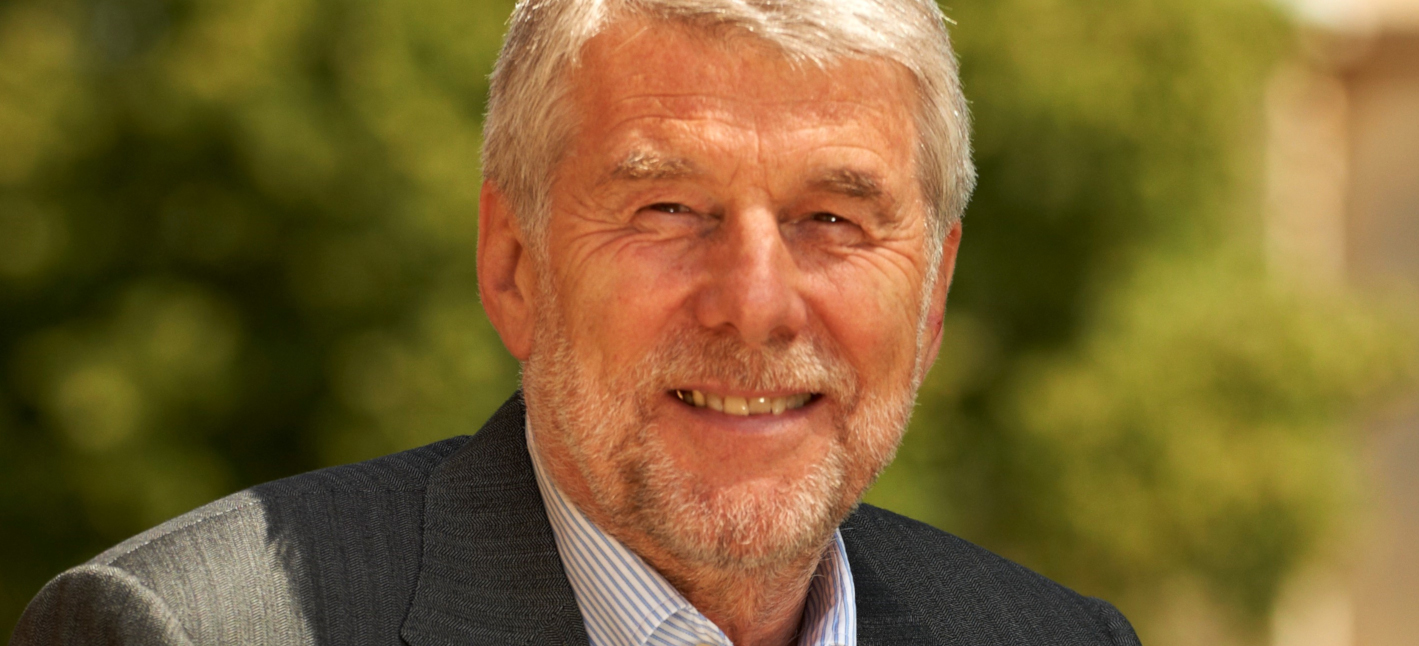
Professor Barry Everitt is elected a lifetime Fellow of the American Association for the Advancement of Science
I am both surprised and very happy to receive this honour from the AAAS, a revered US learned society founded in 1848. It recognises, and I pay tribute to, the exceptional work of talented students, post-docs and collaborators over the many years my lab has flourished.
Professor Barry Everitt
Professor Barry Everitt, former Provost of the Gates Cambridge Trust, has been elected a lifetime Fellow of the American Association for the Advancement of Science (AAAS) the world’s largest general scientific society and publisher of the Science family of journals.
AAAS has elected more than 500 scientists, engineers and innovators from around the world and across all disciplines to the 2022 class of AAAS Fellows, one of the most distinguished honours within the scientific community. The newly elected Fellows are being recognised for their scientific and socially notable achievements spanning their careers.
Everitt was given the award for seminal research on mechanisms underlying learning, memory reconsolidation, motivation and reward, especially as related to addiction, and for exceptional leadership of neuroscience societies in both Europe and the United States.
Everitt is Emeritus Professor of Behavioural Neuroscience in the Department of Psychology, a former Master of Downing College and a Past-President of the Society for Neuroscience.
Everitt’s research and that of his MRC-funded research group in the Department of Psychology is concerned with the neural and psychological basis of learning, memory and motivation, especially related to understanding the processes underlying drug addiction.
He has shown that addictive behaviour emerges from aberrant engagement of learning and memory mechanisms by chronically self-administered drugs and defined critical neural mechanisms underlying drug seeking, including how conditioned drug cues exert their effects on addictive behaviour and relapse.
His group’s research has also fostered an understanding of the individual vulnerability to develop the compulsive drug seeking and use that characterises addiction. The possibility of novel therapeutic approaches for the prevention of relapse have arisen from this research.
“I am both surprised and very happy to receive this honour from the AAAS, a revered US learned society founded in 1848,” said Everitt. “It of course recognises, and I pay tribute to, the exceptional work of talented students, post-docs and collaborators over the many years my lab has flourished. I’m also particularly happy that my election recognises my service to the international neuroscience research community.”
“AAAS is proud to elevate these standout individuals and recognise the many ways in which they’ve advanced scientific excellence, tackled complex societal challenges and pushed boundaries that will reap benefits for years to come,” said Sudip Parikh, AAAS chief executive officer and executive publisher of the Science family of journals.












